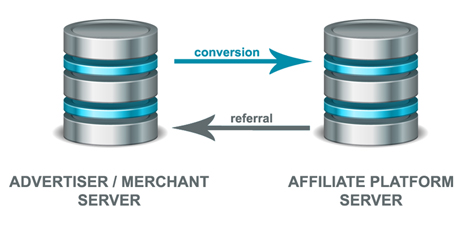 As I was performing my daily review of affiliate transactions in a client’s account, I’ve realized that every time I’m doing this, I subconsciously look for specific things. These range from bad to good ones — from red flags to opportunities. Today, I’d like to share with you what I am typically looking for.
As I was performing my daily review of affiliate transactions in a client’s account, I’ve realized that every time I’m doing this, I subconsciously look for specific things. These range from bad to good ones — from red flags to opportunities. Today, I’d like to share with you what I am typically looking for.
1. Violations
While most violations of your affiliate program’s policies will be caught by specific compliance policing tools, your routine review of affiliate transactions may yield additional insights.
If, for instance, your affiliate compensation terms are different for different types of affiliates, look for bypasses. A classic example would be that of an affiliate, who is either paid less or is banned from your affiliate program, using a content monetization platform (or another mediator) to mask themselves.

Above you may find a real-life illustration of the situation where a coupon affiliate (who is supposed to be paid 5%) is, actually, getting a much higher commission by linking indirectly but via a mediator.
2. Inconsistencies
Whether it is a wrong commission rate or anything else that’s inconsistent with the agreement that you have with a specific affiliate, keep an eye out for these as you perform your routine review.
3. Red Flags
Depending on the platform that you use, your review of affiliate-referred transactions may reveal certain red flags.
Below you may find an example of how on ShareASale merchants see an alert when the same IP was used on transactions that have a similar lock date.
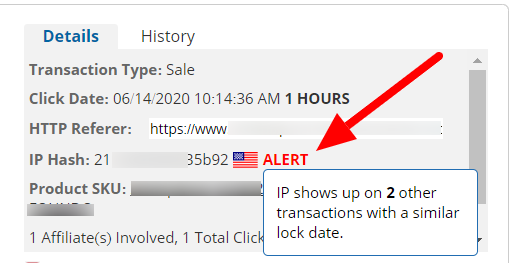
Another case would be the below-illustrate spike in conversions (registered on CJ).

As mentioned elsewhere “any spike (in traffic, leads, sales, conversion rate, or anything else) should raise a red flag”. Spikes are not always indicative of violations or affiliate fraud. But they always call for an additional dissection and analysis.
4. Activations
When you see an affiliate’s first conversion come through, it’s a great time to reach out to him/her with personal congratulations and encouragement to press on.
Go out of your way and also analyze how they drove the sale, thinking of what they could do to drive more action.
…and you better have a goodfirst-sale/conversion bonus in place too! These are always great in motivating stagnant affiliates to activate.
5. Optimization Opportunities
Finally, as you examine affiliate transactions, ideas on optimization opportunities should also surface. Put yourself in your affiliates’ shoes and think of ways for them to make more money with you.
Here is an illustration of a pretty common scenario (where multiple affiliates touch the same buyer along their shopping journey):

The purple dots represent every affiliate touch, while the green dot stands for the “commissioned click” (or the one for which the last-to-touch affiliate got paid).
Diving deeper (and thank you, ShareASale for the technology to give us these great insights), we noticed that the affiliate who was the first to touch this buyer, has his cookies overwritten much more frequently than he overwrites other affiliates’ cookies (see the donut charts below).
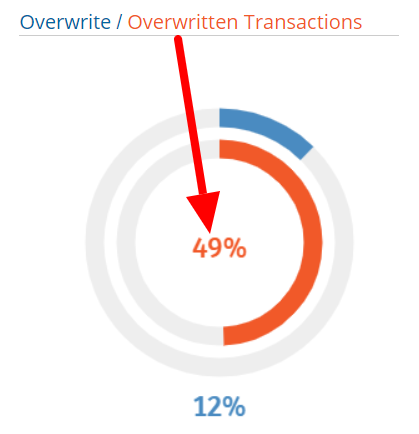
Moving this particular affiliate to first-click attribution was a common-sense conclusion. Having discussed this with the affiliate, we’ve had the affiliate network “prioritize” this affiliate’s cookies. Now, every time that he introduces a customer, he is the one who gets the commission for that customer, regardless of how many (other) affiliates touch the same customer before he/she buys.
Of course, this is just one optimization idea. You’ll come up with many more if you approach your analysis in a thoughtful and affiliate-friendly manner.
If you need help in anything related to affiliate marketing and/or affiliate program management, hit me up directly.
If you’re an affiliate program manager yourself, do chime in (via the “Comments” section below) to share what your are looking for while reviewing and analyzing your affiliates’ transactions.
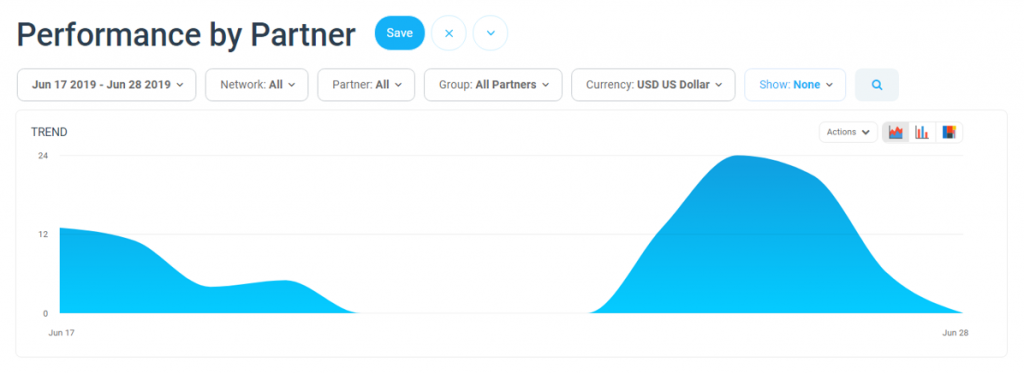
 But there are a number of
But there are a number of 
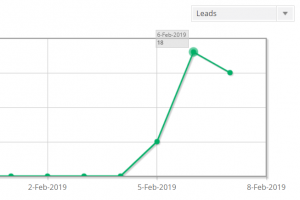
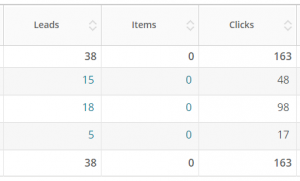
 The “rewards” component of the affiliate’s strategy resulted in misalignment between the end-user’s intent and the the merchant’s intent. As the above description (of the situation) shows, many of the forms were filled out in order to receive the promised incentive, and not because of the lead’s genuine interest in trying out the product.
The “rewards” component of the affiliate’s strategy resulted in misalignment between the end-user’s intent and the the merchant’s intent. As the above description (of the situation) shows, many of the forms were filled out in order to receive the promised incentive, and not because of the lead’s genuine interest in trying out the product.
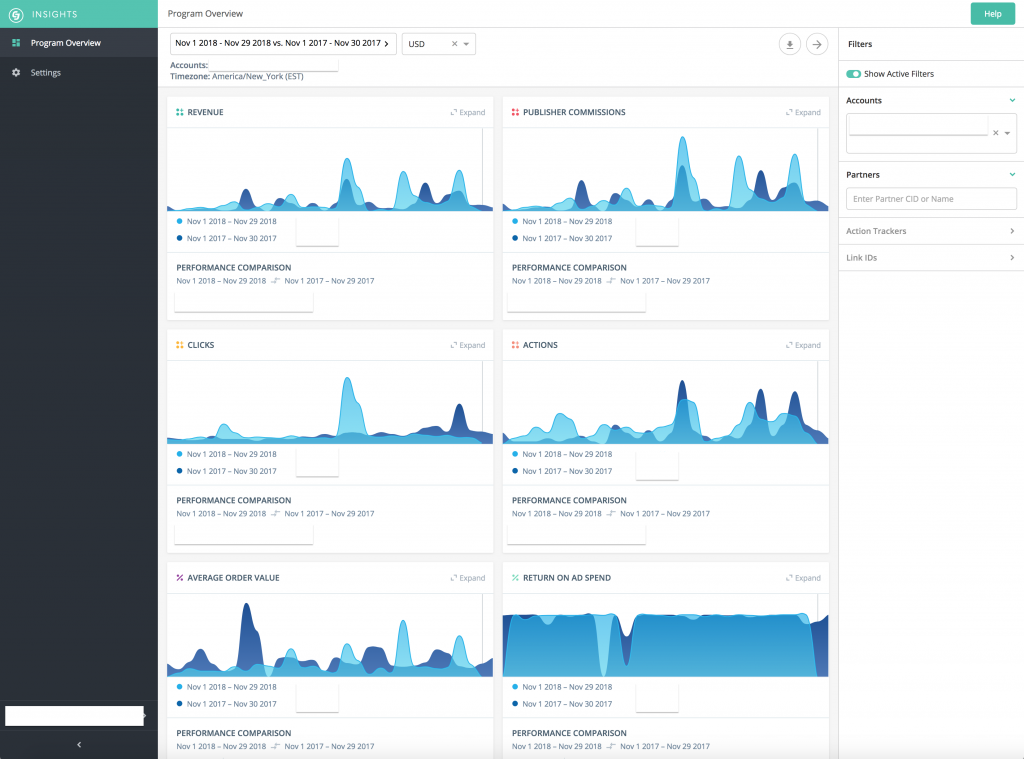
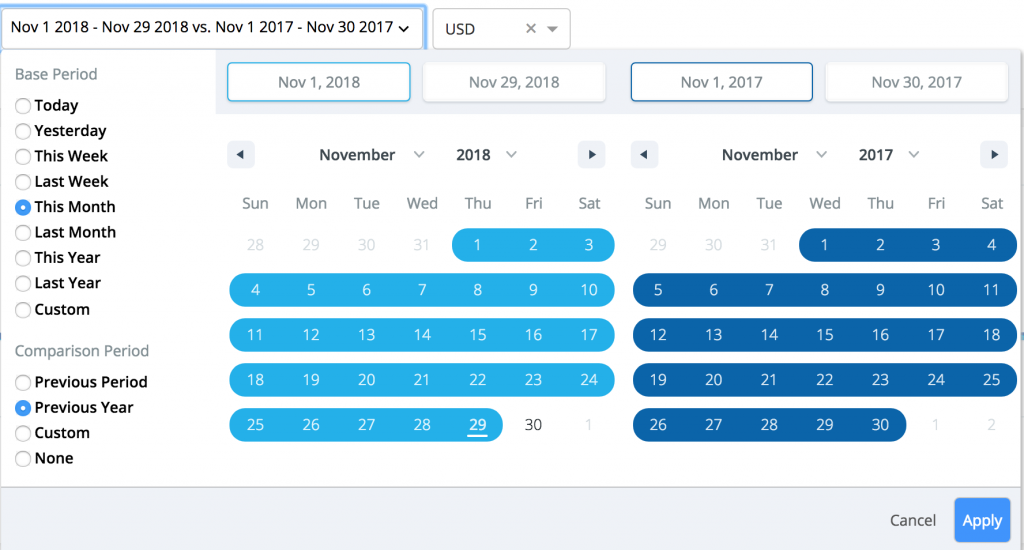
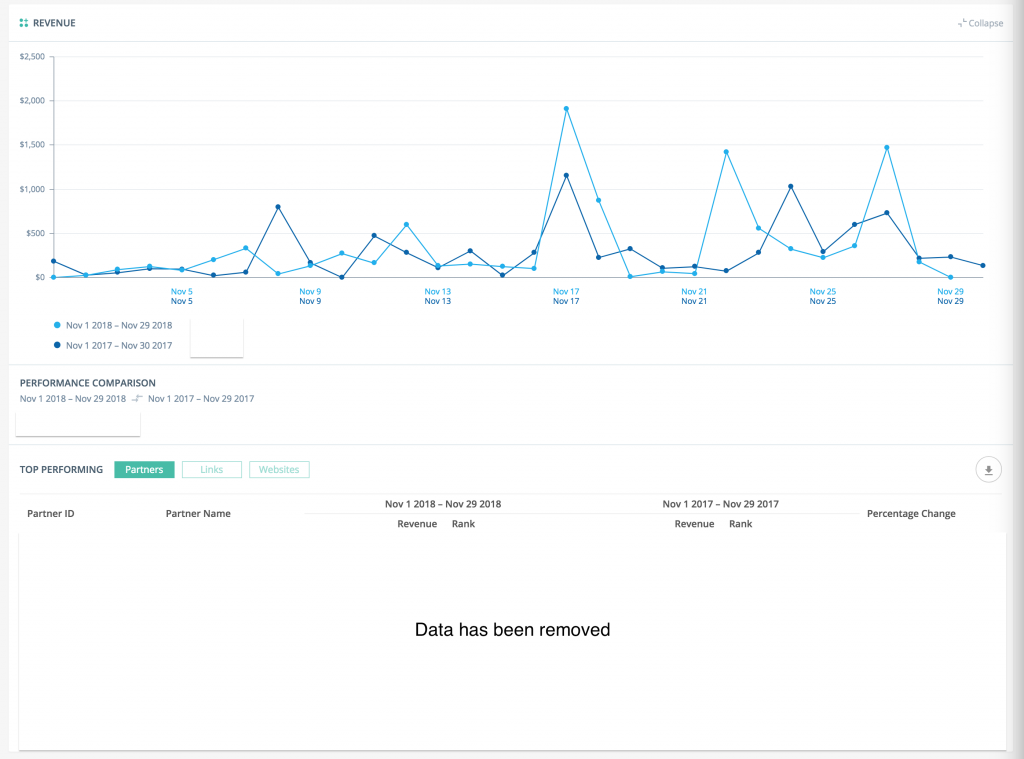

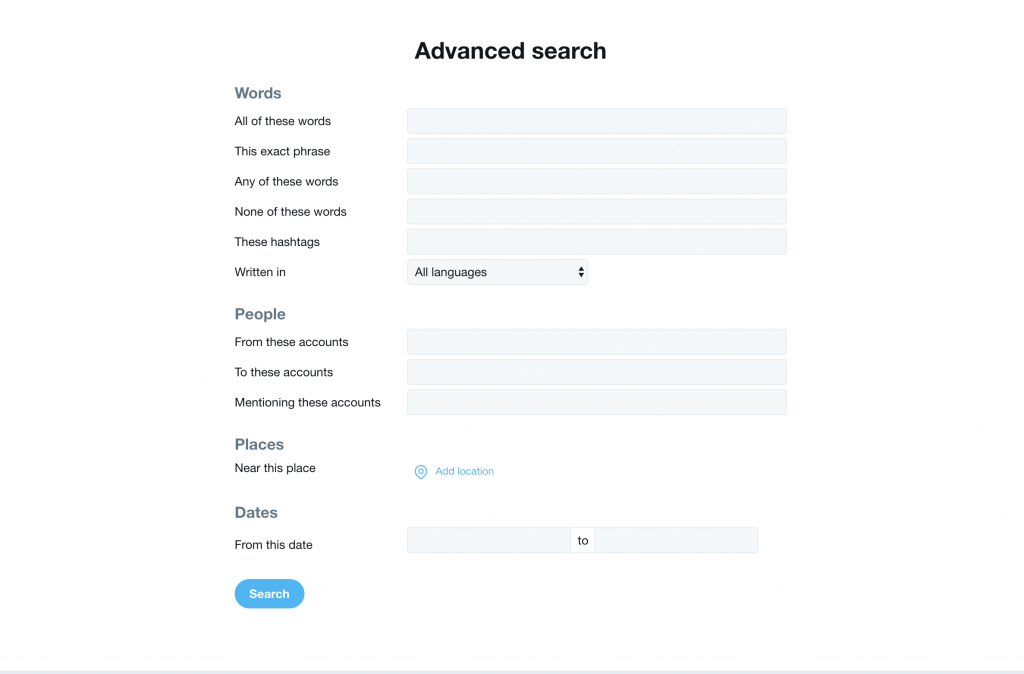
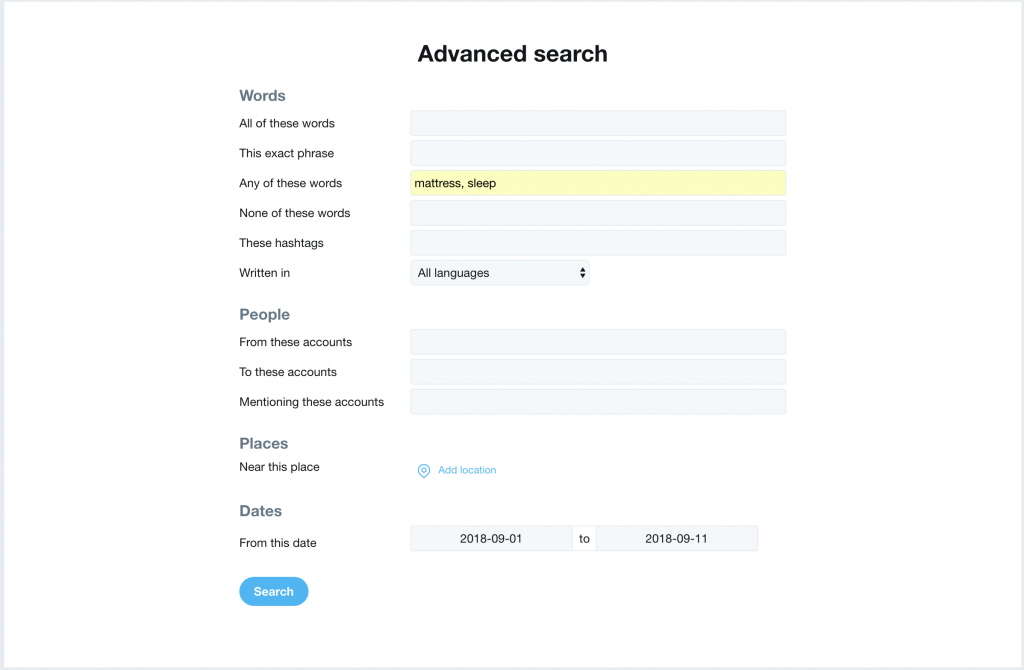
 Webinar Trainings
Webinar Trainings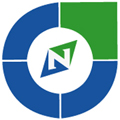 This Boston-based award-winning agency is laser-focused on leveraging affiliate marketing to drive sales to the businesses that they work with. Their core service is (i) full affiliate program management, but they also do (ii) affiliate program audits, (iii) affiliate program launches (and re-launches), as well as (iv) affiliate marketing consulting, and (v) training.
This Boston-based award-winning agency is laser-focused on leveraging affiliate marketing to drive sales to the businesses that they work with. Their core service is (i) full affiliate program management, but they also do (ii) affiliate program audits, (iii) affiliate program launches (and re-launches), as well as (iv) affiliate marketing consulting, and (v) training. With offices globally, this large agency provides services in (i) affiliate program management, (ii) publisher development, and (iii) partner marketing program management.
With offices globally, this large agency provides services in (i) affiliate program management, (ii) publisher development, and (iii) partner marketing program management. This Washington DC-based one-man agency provides services in (i) affiliate management, (ii) search engine optimization, and (iii) digital marketing and strategy.
This Washington DC-based one-man agency provides services in (i) affiliate management, (ii) search engine optimization, and (iii) digital marketing and strategy. Headquartered in British Columbia, this agency isn’t only focused on Canada but works in the United States and beyond. They can help with (i) affiliate marketing, (ii) influencer integration, (iii) SEO, (iv) analytics and attribution.
Headquartered in British Columbia, this agency isn’t only focused on Canada but works in the United States and beyond. They can help with (i) affiliate marketing, (ii) influencer integration, (iii) SEO, (iv) analytics and attribution.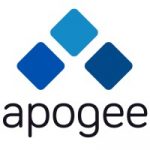 Formerly known as Greg Hoffman Consulting, rebranded in 2016, this boutique agency offers support with (i) affiliate program management, (ii) public relations, (iii) influencer management, (iv) social media management, and (v) paid digital advertising.
Formerly known as Greg Hoffman Consulting, rebranded in 2016, this boutique agency offers support with (i) affiliate program management, (ii) public relations, (iii) influencer management, (iv) social media management, and (v) paid digital advertising. This one is also what we would call a boutique agency. They work in areas of (i) affiliate marketing program management, (ii) attribution modeling, (iii) influencer program setup and management, and (iv) also provide consulting services in all of the above areas.
This one is also what we would call a boutique agency. They work in areas of (i) affiliate marketing program management, (ii) attribution modeling, (iii) influencer program setup and management, and (iv) also provide consulting services in all of the above areas. This award-winning Denver-based firm has grown far beyond pure affiliate-related services. As of the time of this post, they support merchant promotion through (i) affiliate marketing, (ii) Amazon’s and other marketplaces, (iii) search engine marketing, (iv) digital consulting, (v) email marketing, (vi) organic search, and (vii) social media.
This award-winning Denver-based firm has grown far beyond pure affiliate-related services. As of the time of this post, they support merchant promotion through (i) affiliate marketing, (ii) Amazon’s and other marketplaces, (iii) search engine marketing, (iv) digital consulting, (v) email marketing, (vi) organic search, and (vii) social media. This Florida-based agency believes that “any online business is supported by 3 key strategies: customer acquisition, customer retention, and customer experience.” To aid in the achievement of these three, they support (i) affiliate marketing programs, (ii) email marketing initiatives, and (iii) website optimization efforts.
This Florida-based agency believes that “any online business is supported by 3 key strategies: customer acquisition, customer retention, and customer experience.” To aid in the achievement of these three, they support (i) affiliate marketing programs, (ii) email marketing initiatives, and (iii) website optimization efforts.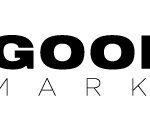 Hopping to the other coast of the United States, in San Diego we’d find Goodsell — an “affiliate and influencer marketing agency” that can help you launch an affiliate program, managing “the cost to your budget” and monitoring “all affiliate activity.”
Hopping to the other coast of the United States, in San Diego we’d find Goodsell — an “affiliate and influencer marketing agency” that can help you launch an affiliate program, managing “the cost to your budget” and monitoring “all affiliate activity.” Minneapolis-based and almost entirely focused on affiliate marketing, this OPM agency offers (i) affiliate marketing management, (ii) affiliate program audits, and (iii) help with digital strategy and planning.
Minneapolis-based and almost entirely focused on affiliate marketing, this OPM agency offers (i) affiliate marketing management, (ii) affiliate program audits, and (iii) help with digital strategy and planning.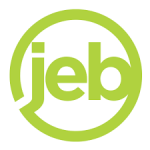 Founded by an industry veteran Jamie Birch, and his wife Sarah, this Idaho-based OPM agency positions itself as one helping clients “acquire customers, analyze customer behavior, and optimize their online presence to achieve the best possible results.” They do this through (i) affiliate program management and (ii) conversion rate audits and recommendations.
Founded by an industry veteran Jamie Birch, and his wife Sarah, this Idaho-based OPM agency positions itself as one helping clients “acquire customers, analyze customer behavior, and optimize their online presence to achieve the best possible results.” They do this through (i) affiliate program management and (ii) conversion rate audits and recommendations. While you may not see them on “rankings”, this agency has an absolutely stellar team, including such affiliate marketing legends as Karen and Joel Garcia, Angel Djambazov, and Scott Jangro. Their services include management of (i) affiliate programs (ii) influencer campaigns, (iii) paid search marketing, and (iv) mobile app campaigns.
While you may not see them on “rankings”, this agency has an absolutely stellar team, including such affiliate marketing legends as Karen and Joel Garcia, Angel Djambazov, and Scott Jangro. Their services include management of (i) affiliate programs (ii) influencer campaigns, (iii) paid search marketing, and (iv) mobile app campaigns. Stephanie Robbins started her agency more than a decade ago and has been growing it since then. Her agency’s areas of expertise are (i) micro-influencer activation and, of course, (ii) affiliate management.
Stephanie Robbins started her agency more than a decade ago and has been growing it since then. Her agency’s areas of expertise are (i) micro-influencer activation and, of course, (ii) affiliate management.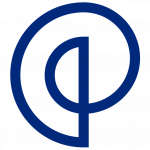 This Austin-based affiliate marketing agency has been around the block a few times. They offer several levels of affiliate program management service: (i) Enterprise for larger corporations, (ii) Prime Sector for fast-growing businesses, (iii) Emerging for startups.
This Austin-based affiliate marketing agency has been around the block a few times. They offer several levels of affiliate program management service: (i) Enterprise for larger corporations, (ii) Prime Sector for fast-growing businesses, (iii) Emerging for startups. Headquartered in Newcastle upon Tyne (UK) and with offices in Sydney, Amsterdam, and Chicago, this agency focuses solely on affiliate and partnership marketing, embracing partnerships with content publishers and influencers, search marketers, app developers, and more.
Headquartered in Newcastle upon Tyne (UK) and with offices in Sydney, Amsterdam, and Chicago, this agency focuses solely on affiliate and partnership marketing, embracing partnerships with content publishers and influencers, search marketers, app developers, and more.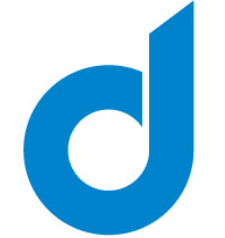 Acquired by Digital Media Solutions in 2020, SmarterChaos is an online performance management agency positioning itself as “an outsourced agent for large branded advertisers, helping to build strong affiliate sales and Cost per Action (CPA) channels”
Acquired by Digital Media Solutions in 2020, SmarterChaos is an online performance management agency positioning itself as “an outsourced agent for large branded advertisers, helping to build strong affiliate sales and Cost per Action (CPA) channels” Founded by Roger Snow, an affiliate marketing old-timer, this is a classic OPM agency that focuses on all things affiliate program management. Whether you have a brand-new affiliate program or a stale one, give them a call.
Founded by Roger Snow, an affiliate marketing old-timer, this is a classic OPM agency that focuses on all things affiliate program management. Whether you have a brand-new affiliate program or a stale one, give them a call.